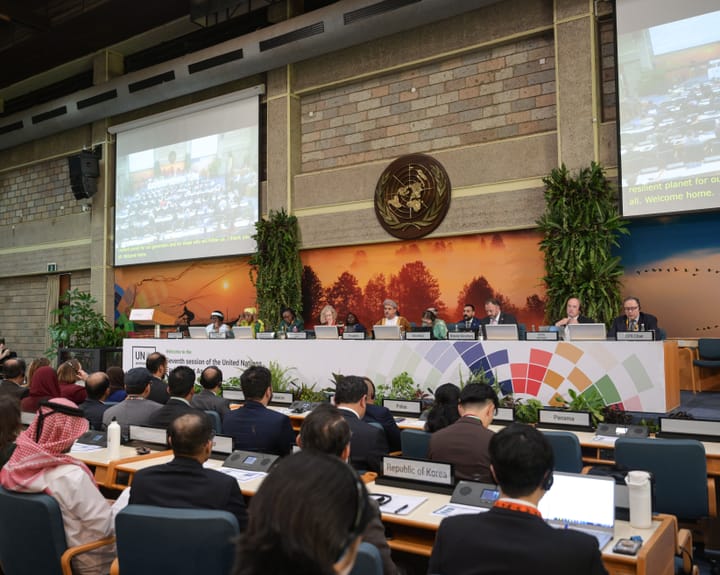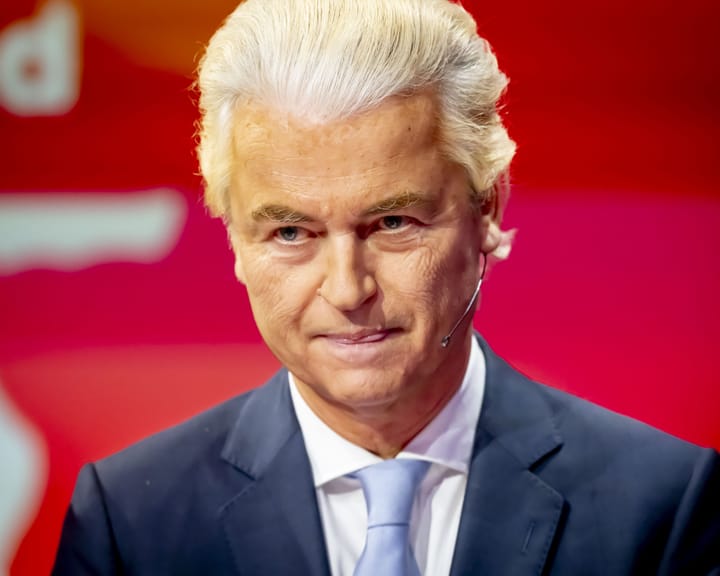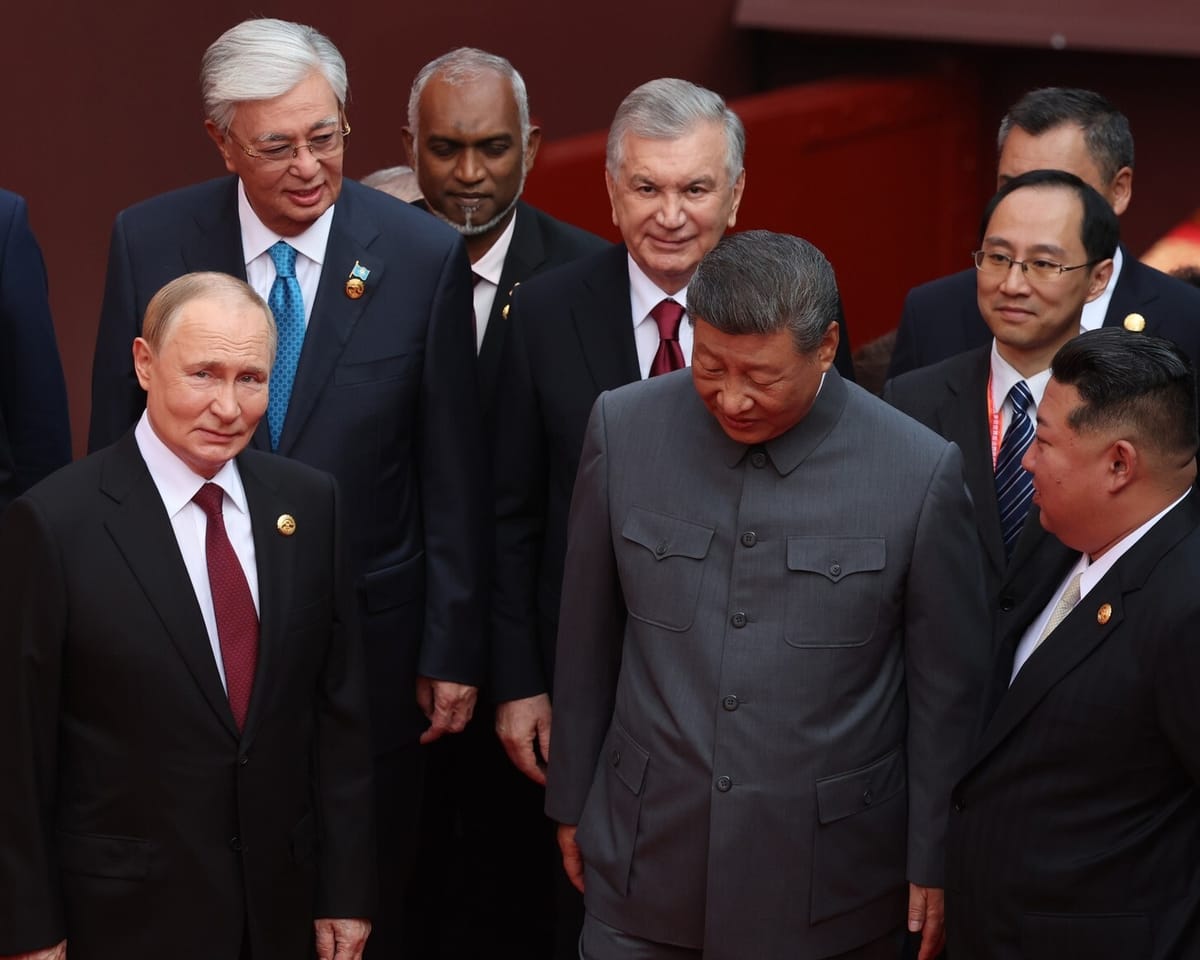Donald Trump’s initial response to the striking scene of China’s Xi Jinping, Russia’s Vladimir Putin, and North Korea’s Kim Jong-un appearing together at a sizable military parade in Beijing was, unsurprisingly, self-centered. He dismissed the display of unity as little more than a scheme to challenge the United States. Trump has always been fond of military parades—his own, specifically. Even more, he enjoys standing at the center of attention. He portrays himself as the world’s foremost figure. The visuals from Beijing this week, however, undermined that image.
Xi Jinping likely took satisfaction from the way the event unsettled Trump, whose reaction came across as weak. Since assuming office, Trump’s approach toward China has shifted between aggression, retaliation, and condescension. His tariffs, in particular, have caused significant economic strain. While some measures are delayed until November, they reinforce Xi’s stance that China will not yield to pressure. Meanwhile, Trump has loosely floated the idea of a meeting, as if doing China a favor. The parade served as Xi’s deliberate counterpoint.
The scale of the Chinese president’s military demonstration was notable even compared to events in Moscow. The synchronized marches, anthems, tanks, and displays of firepower—along with the release of thousands of doves—signaled China’s progress toward military equality with the U.S. Of particular concern to American naval forces in the Pacific were new long-range missiles and underwater drones capable of carrying nuclear payloads. China was “unstoppable,” Xi declared, framing his speech with a warning about the world facing critical choices between peace and conflict. The message to Trump was unmistakable—whether he acknowledges it remains to be seen.
Beyond the military spectacle, Xi’s broader aim was to assert China’s growing influence as he envisions it. Since consolidating power in 2012, he has pursued this goal relentlessly. His leadership has been more centralized than any since Mao Zedong, whose legacy he admires despite its shortcomings. Discontent over economic policies, unemployment, and governance has led to tightening restrictions on businesses, press, and individual freedoms. China leads globally in surveillance measures. Xi’s approach abroad, particularly regarding Taiwan and the South China Sea, reflects an expansionist stance.
Read next

Africa's Warning on Solar Geoengineering Risks Gains Editorial Backing
It is appropriate that this week’s United Nations environmental discussions are happening in Nairobi, as Africa plays a central role in shaping global climate dialogue. Diplomats from the continent are addressing the complex issue of whether attempting to cool Earth by reducing sunlight exposure is a prudent approach. While

Might Narcolepsy Medication Revolutionize the World?
Breakthroughs in Sleep Science Reveal Surprising Insights
During a conversation with a pharmaceutical researcher, I learned of significant progress in sleep medications. One promising development targets narcolepsy, though its method could also address broader sleep issues like insomnia, much like how certain unexpected innovations find wider applications — akin to adhesive

"Far right still dominant in Netherlands despite Wilders' government setback"
Dutch Voters Head to the Polls Amid Political Instability
On Wednesday, Dutch citizens will cast their votes once again, marking the ninth election for the Tweede Kamer—the legislative chamber of the Netherlands’ parliament—in this still young century. In some respects, the country has come to resemble Italy in

